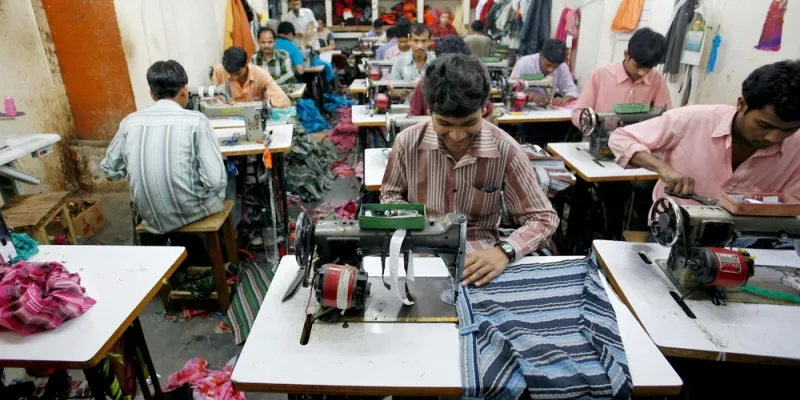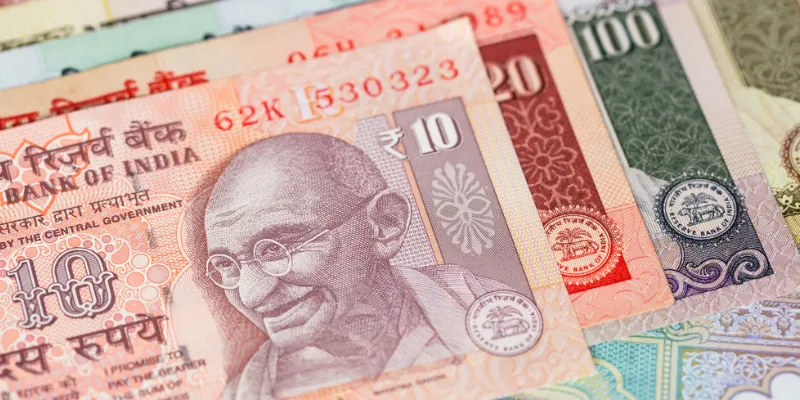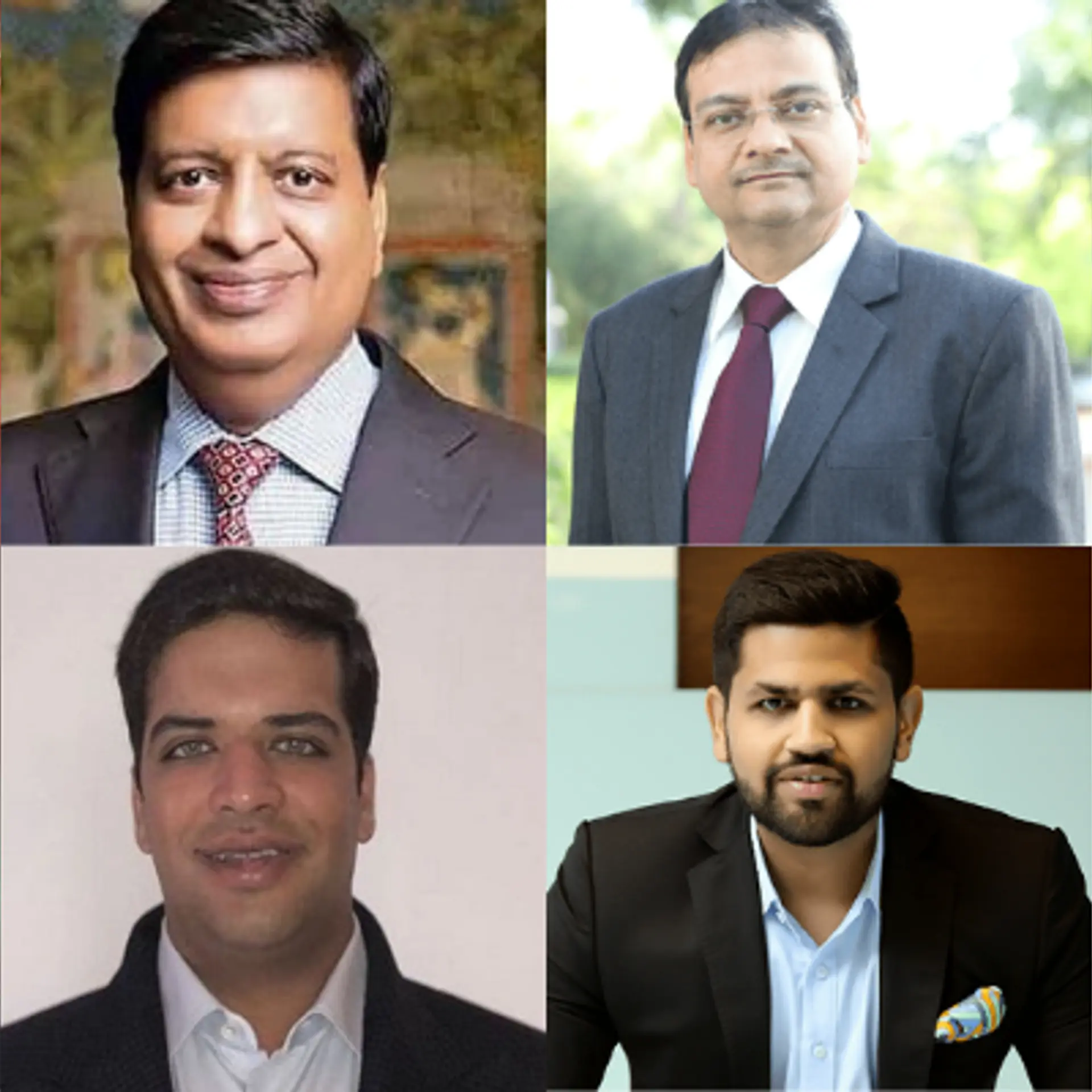Why the MSME industry is critical to creating jobs and growing the Indian economy
The key to solving India’s job crisis may also lie within the MSME sector. Globally, 50 percent employment is generated through small businesses.
In the run-up to the Union Budget, due to be presented in Parliament by Finance Minister Nirmala Sitharaman on July 5, the Micro, Small and Medium Enterprises (MSME) Ministry in Delhi’s Nirman Bhawan and the Finance Ministry at North Block of the Central Secretariat are buzzing with activity.
MSMEs form the backbone of the Indian economy and ministry officials are working tirelessly to push various causes for the industry to be included in the Budget. The MSME industry contributes 29 percent of the country’s GDP. In fact, MSME Minister Nitin Gadkari has set a target to up the contribution to 50 percent by 2025 as India becomes a $5 trillion economy.
The key to solving India’s job crisis may also lie within the MSME sector. Globally, 50 percent employment is generated through small businesses. According to government data, the unemployment rate in India reached a 45-year high of 6.1 percent in 2018-19. A CII survey reveals that the MSME sector created the most number of jobs in the country in the last four years.

Image: Shutterstock
Recently, an RBI committee headed by former SEBI Chairman UK Sinha suggested a Rs 5,000 crore stressed asset fund for the MSME sector to provide relief to small businesses hurt by demonetisation, GST, and an ongoing liquidity crisis.
“The ministry is currently figuring out the nitty-gritty and attempting to have it included in the Budget,” according to a source within the government.
While the corpus may not be enough for the sector, it will accelerate the recovery process for small businesses.
In fact, according to Founder and President of the SME Chamber of India, Chandrakant Salunkhe, the sector needs a corpus of at least Rs 20,000 crore to revive small businesses that are under stress. There are other experts who feel even Rs 20,000 crore is not enough to plug the gaps.
An IFC-Intellecap report states that the MSME sector in India is staring at a whopping credit gap of Rs 16.66 lakh crore. Some estimates are even higher.
However, according to sources within the government, the corpus is not likely to be more than what the RBI panel has suggested.
Speaking on the issue of the massive mismatch that exists between the total addressable demand for external credit and overall supply of finance from the formal sources, a finance ministry official seeking anonymity says: “We need to bring risk capital, which is patient capital. This will be a trigger for a bigger impact fund. The time has come where we need to explore alternative financial services.”

The government is considering bringing private fintech players on board and connecting them with grassroot and village-level entrepreneurs (VLEs), he adds.
Recently, Nitin Gadkari had announced that the ban on entry of corporates and private players in the MSME sector had been lifted to pave way for the formation of 700 clusters to reduce dependence on imports as well as for job creation.
The MSME Ministry is also planning to set up enterprise facilitation centres across the country to make smaller businesses more competitive and help them integrate with big enterprises. These centres are planned to be set up at block levels, and will help disseminate information to micro and small enterprises and detect issues faced by them.
Development Commissioner and Additional Secretary in the MSME Ministry Ram Mohan Mishra says the ministry is working at improving the capacity of enterprises that exist at the lower rung of the supply chain, so that they can organically join the chain and supply their goods by improving quality and becoming price competitive. He adds that the ministry has identified the following focus areas for holistic development of MSMEs: human capacity development; knowledge services; access to finance, technology, infrastructure, market access; and ease of doing business.

A file photo of Development Commissioner and Additional Secretary in the MSME Ministry Ram Mohan Mishra
In another step that will hopefully go a long way, the finance minister has asked banks to appoint general manager (GM)- level officials to look into and address issues faced by MSMEs. While it is an encouraging step, the real solutions may lie in private fintech companies actively participating in lending with the government acting as an anchor. Indian banks are already risk-averse as they grapple with massive non-performing assets with gross bad loans amounting to over $150 billion.
The MSME Ministry has also been working on external aided projects with the likes of the World Bank for the past year. Mishra is reticent about details at the moment but shares that they will see fruition in the next four to six months.
The importance of the MSME sector to the Indian economy cannot be overemphasised. The MSME sector in India employs over 100 million people and accounts for 45 per cent of manufacturing output and more than 40 per cent of the country’s exports.
In a separate boost to the industry, Gadkari also floated a proposal for a dedicated e-commerce platform for MSMEs. The minister has proposed the building of a platform similar to Amazon and Alibaba where Indian MSMEs can showcase and sell their products to any buyer in any part of the world.









